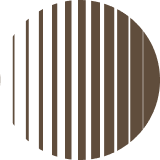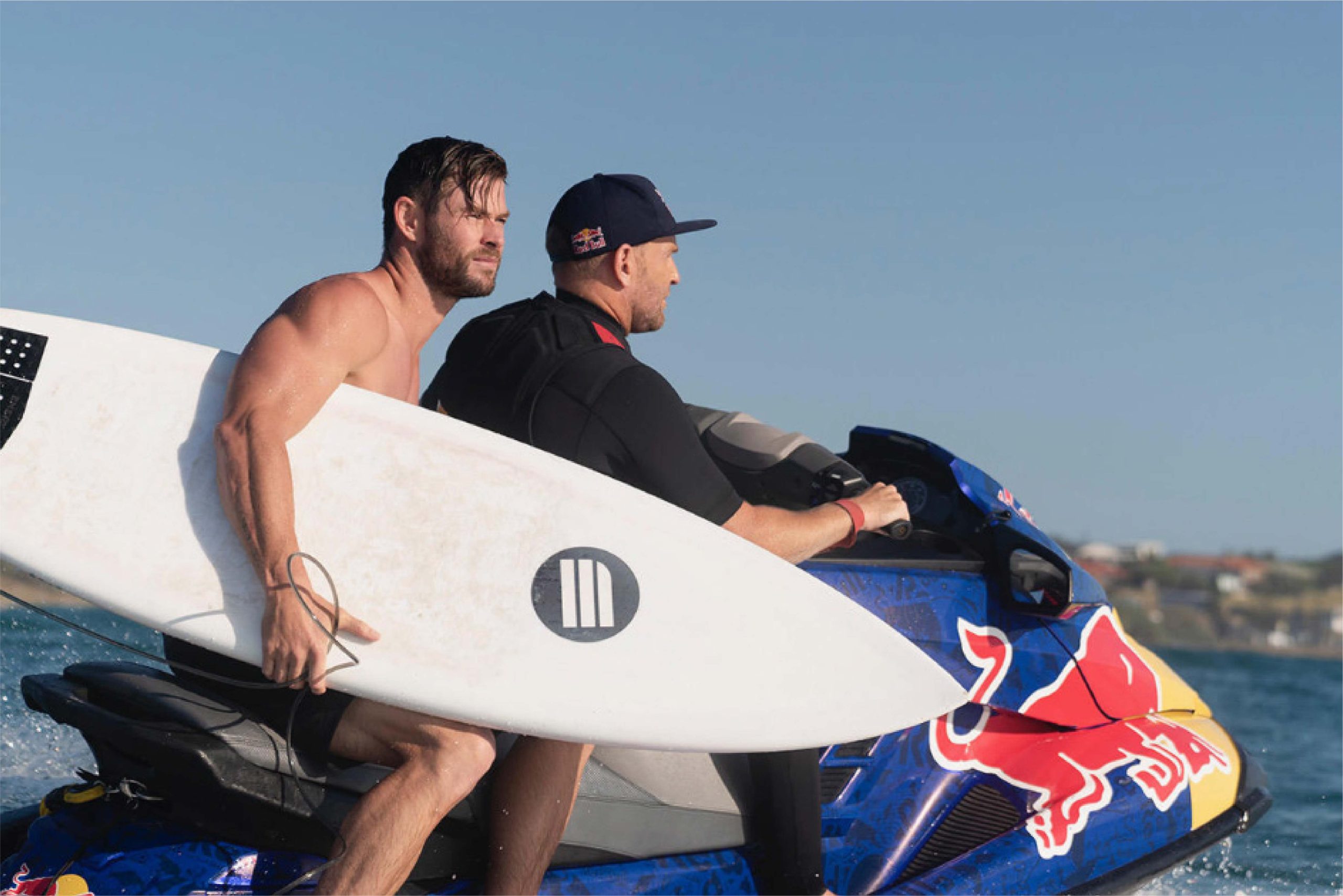Why is Brand Language important?
Brand language is the words, phrases, and terms that an organisation uses to communicate with its consumers. Brand language helps the consumers to connect with a brand and its promise. Using high-quality brand language in a competitive market is the perfect way to turn customers away from your competitors.
Sharp and precise brand language with a touch of creativity can significantly impact and differentiate your brand from the rest. For example, when industries ranging from healthcare to retail make slight changes in how they communicate, it distinguishes them from their competitors and wins the consumers’ minds.
Language is a crucial element in your brand strategy because it frames the entire experience for your customers. It tells them how to interact with your brand and what they can expect from you.

Find your brands voice and then shout it loud.
Where do I start with planning our Brand’s Language? Every industry has an existing language. For example, the cancer medicine industry uses the vocabulary of struggle – the war against the big C, being brave and conquering to get the message across. The manufacturing industry uses the language of efficiency – quality, value, hard work, output, craftsmanship, and history-to communicate about their brand. Finally, the beauty industry uses the vocabulary of positive ideals – the purity of youth, cleanliness and western notions of femininity, to attract consumers to their brand.
Brands can choose to carve a niche in that industry language or be entirely different. The language you choose to communicate about your brand impacts everything: your products’ values, the way people feel, and what they believe after using it. Think of how ‘Just Do It’ motivated people to act or how Virgin’s challenger brand language helped them stand out in the stale aviation industry without losing the crucial brand aspect of safety.

To develop an effective brand language, we put all the following pieces together.
1. What is your industry’s language?
2. What is your business’s brand promise, values and product range?
3. What are the needs, wants, fears and goals of your customers?
4. What value does your brand create for your customers?
5. How, when or where do your customers experience that value?
6. What behaviours are you planning to change?
7. What expectations are you planning to change?
8. What beliefs are you planning to change?
9. What has and has not worked in the previous communication pieces? Why?
Once the answers to these questions obtained, we evaluate the intersecting points and opportunities and leverage them to creatively design a brand voice, tone and language, to communicate with your target audience. We then test this across various channels to ensure that it can withstand the pressure of being stretched across all applications. Finally, we deliver a plan that can attract, engage and motivate your target customers.
What is the best type of brand language?
The best brand language connects your brand and promises to speak with customers in a way they can relate to you. It helps to connect your brand and brand promise to the aspirations of your target customers. When a user learns about how to use you, understands that using your brand creates value for them and is convinced that none can do it better than you, their attention begins to shift towards you.
Brand language is the terms, phrases, and words that a company uses to describe themselves and their products. It is a marketing strategy used to help consumers find connections between specific words and a given product. Creating a solid brand language and identity builds brand awareness and differentiates it from your competitors. Making this language is essential to be bold and recognisable.
A brand language becomes hugely successful when people use it as a generic way of referring to something. For example, do you search online or do you Google it? Do you send a package, or do you FedEx it? These are examples of brand names that have entered the common lexicon and now used as verbs. For example, “Google” was a numeric term until a few years ago, but it is now ingrained in our everyday lives. Similarly, you hope that people use your brand language or associate it with your brand and give you ownership.

What are the benefits of owning a specific Brand Language?
People think of Apple as personalised music in the pocket, Disney as magic and wonder, and Starbucks as a welcoming place like home. The power of owning a specific brand language. If you are just another “another” tile shop or” another” clothing outlet, you are not leveraging your brand and brand language enough to deliver something of value, of need, to your customers. And that will limit your growth. It is time to find your brand’s authentic voice.

Insights & Strategy
Strategy is a forward-looking plan for your brand’s behaviour.

Content
Content helps your company to have unique communication.

Experience Design
UI/UX design gives the appearance above your brand’s behaviour.

Advertising & Scale
Advertising and scale help to have a unique plan for your brand’s life.








